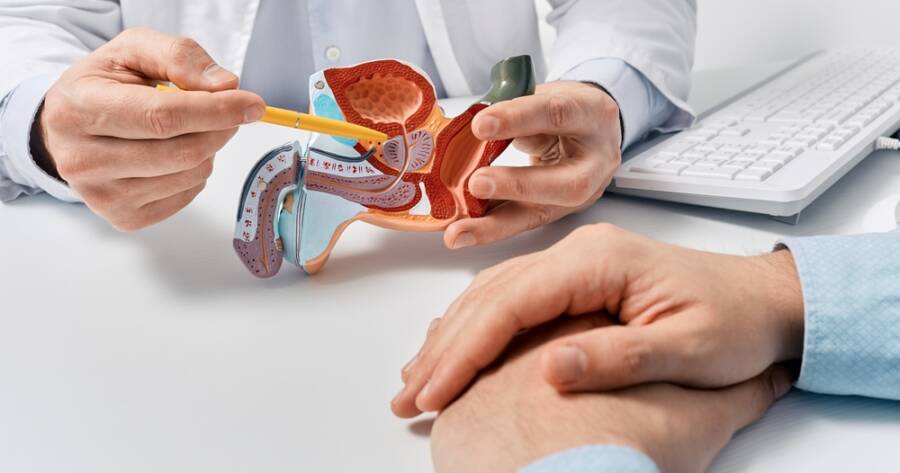Prostate health, particularly as men age, becomes an increasingly important concern. The prostate, a small gland located just below the bladder, plays crucial roles in reproductive health. However, conditions like benign prostatic hyperplasia (BPH) and prostate cancer can present significant health challenges. Understanding the lifestyle and dietary choices that influence prostate health is essential for prevention and management.
Impact of Alcohol and Caffeine on Prostate Health
Alcohol and caffeine, both common components of many people’s diets, can adversely affect prostate health. For individuals with an enlarged prostate (BPH), alcohol can exacerbate urinary symptoms as a diuretic, increasing the need to urinate and potentially leading to prostate enlargement. Moreover, studies indicate that heavy drinking habits significantly increase the risk of developing high-grade prostate cancer.
Similarly, caffeine acts as a stimulant, affecting the bladder by increasing the frequency and urgency of urination. This can aggravate the symptoms of an enlarged prostate and should be consumed in moderation by those with BPH. Individuals are advised to limit their intake of caffeinated beverages to maintain better control over urinary symptoms.
7 Other Drinks That Are Bad for Your Prostate Health
Beyond caffeine and alcohol, several seemingly harmless beverages may negatively impact prostate health:
- Sugary soft drinks can contribute to inflammation and insulin resistance, both linked to prostate enlargement.
- Artificially sweetened sodas, though calorie-free, may disrupt gut microbiota and hormonal balance.
- Energy drinks often contain high sodium levels and stimulants aside from caffeine.
- Fruit juices with added sugars, especially orange or grape juice, can spike blood sugar and promote inflammation.
- Chocolate milk combines sugar and saturated fat, which may aggravate prostate symptoms.
- Sports drinks, marketed for hydration, often contain excess sodium and dyes.
- Flavored waters with preservatives can include phosphates and chemical additives that stress the urinary system.
Reducing these from your daily intake may support better prostate health.
Dietary Recommendations for Prostate Wellness
A balanced diet rich in nutrients plays a pivotal role in maintaining prostate health. Certain foods and drinks can contribute positively or negatively to this aspect of health. Red and processed meats, high-fat dairy, and foods high in saturated fats are linked to an increased risk of prostate issues.
Alternatives such as lean poultry, fish, beans, legumes, and plant-based meats can be integrated into the diet to support prostate wellness. Additionally, opting for low-fat or non-dairy beverages, such as almond or soy milk, while being mindful of sugar content, can further benefit prostate health.
Hydration and Prostate Management
Hydration is an often-overlooked aspect of maintaining prostate and overall health. While avoiding certain beverages is crucial, staying sufficiently hydrated with water and herbal teas is recommended. These drinks help flush out toxins and reduce toilet trips. Herbal teas, such as decaffeinated green tea, are particularly beneficial due to their anti-inflammatory properties. Unsweetened cranberry juice is also advisable as it contains bioactive compounds that mitigate urinary symptoms related to BPH.
To minimize nighttime urination, it is advisable to restrict fluid intake in the evening and avoid drinking two hours before bedtime. This practice can significantly enhance sleep quality by reducing nocturnal bathroom trips.
Protect Your Prostate Health
Understanding the role of diet and lifestyle in managing prostate health is crucial for maintaining quality of life, particularly as many face the risks associated with aging. By adopting informed dietary decisions and exercise habits, individuals can significantly impact their prostate health outcomes.
Regular check-ups and consultations with healthcare professionals also ensure a personalized approach to managing prostate health, making it imperative to stay informed and proactive in this area.
Sources
Urology Experts on Beverage Choices
Dietary Recommendations for Prostate Wellness

